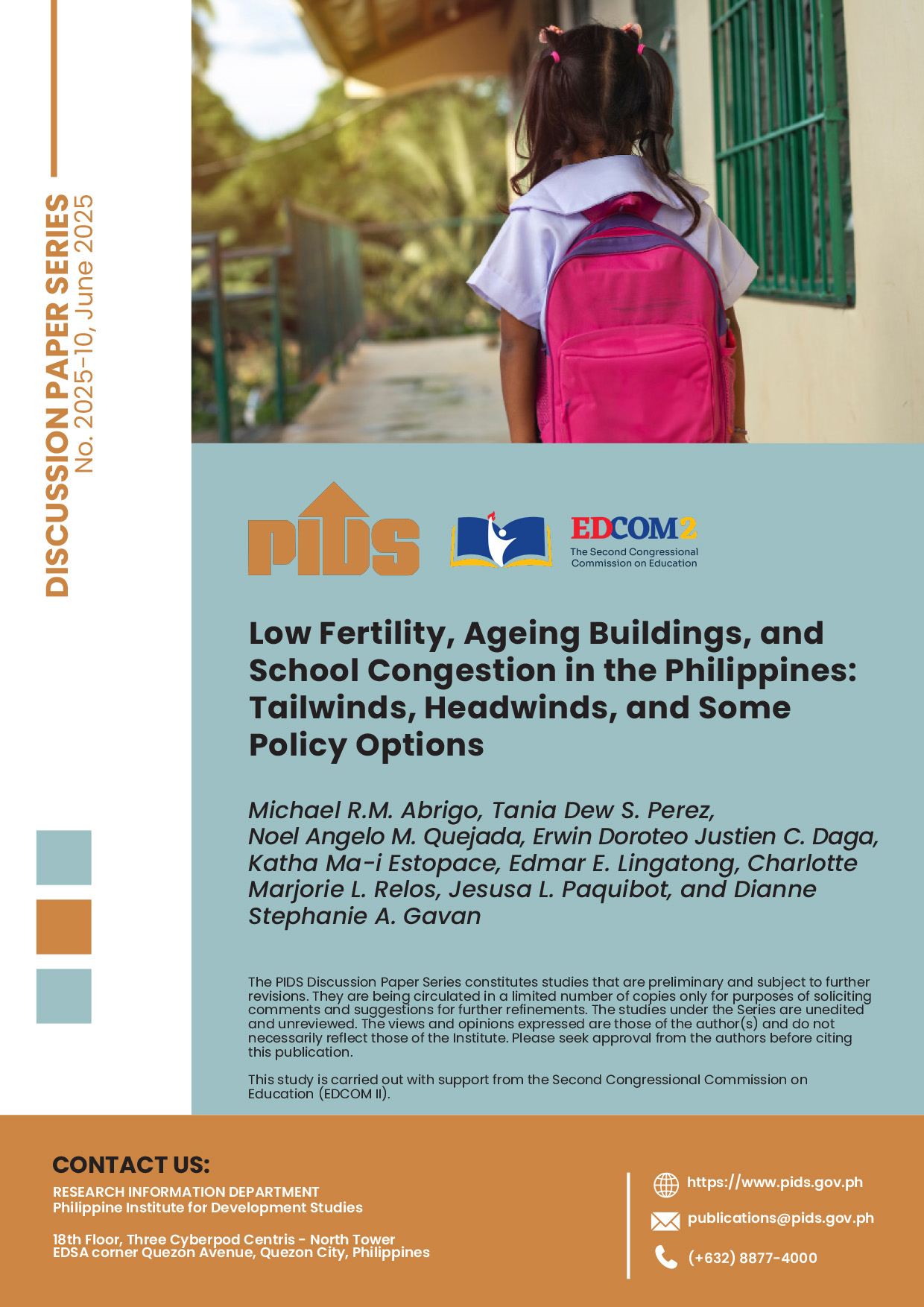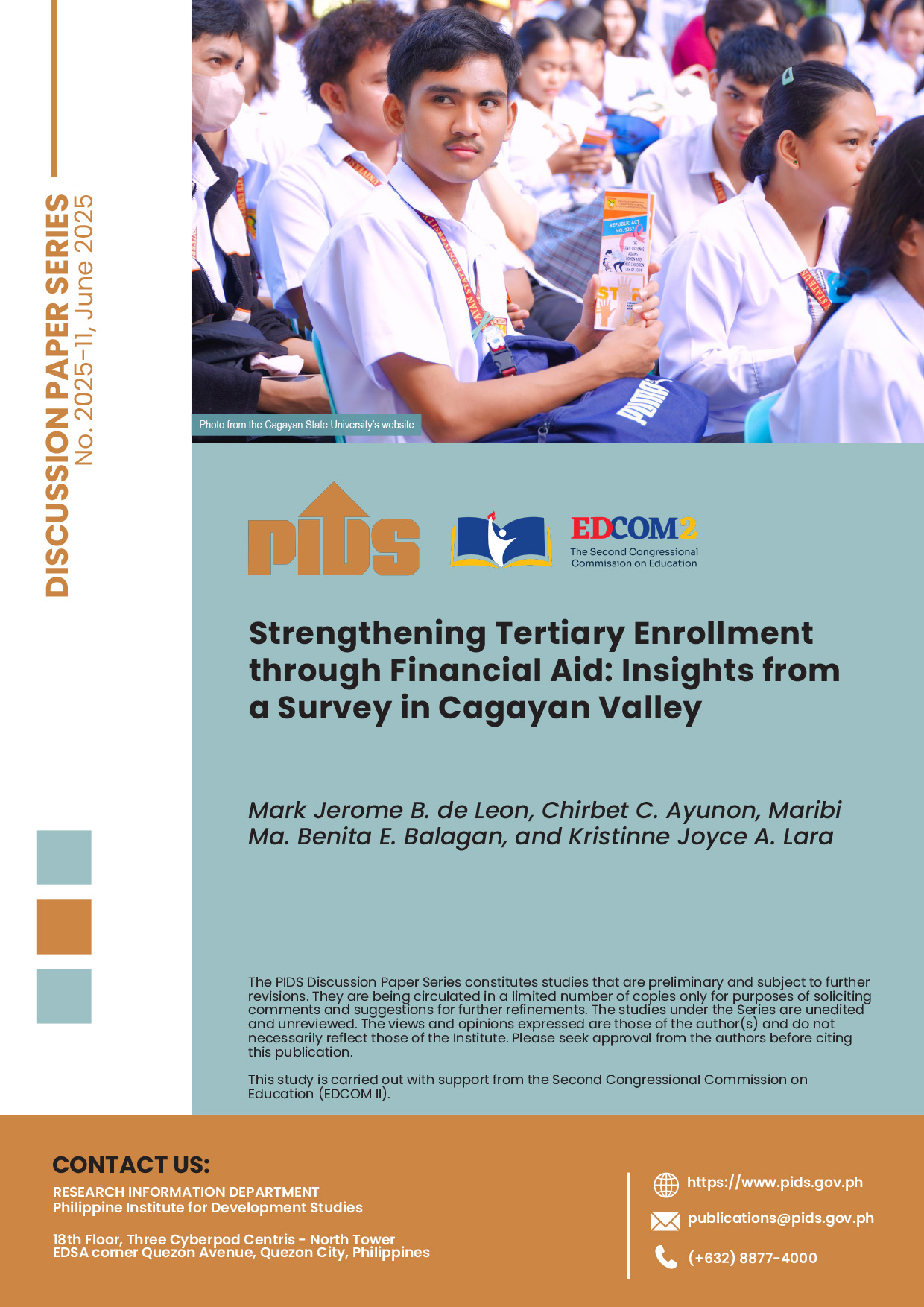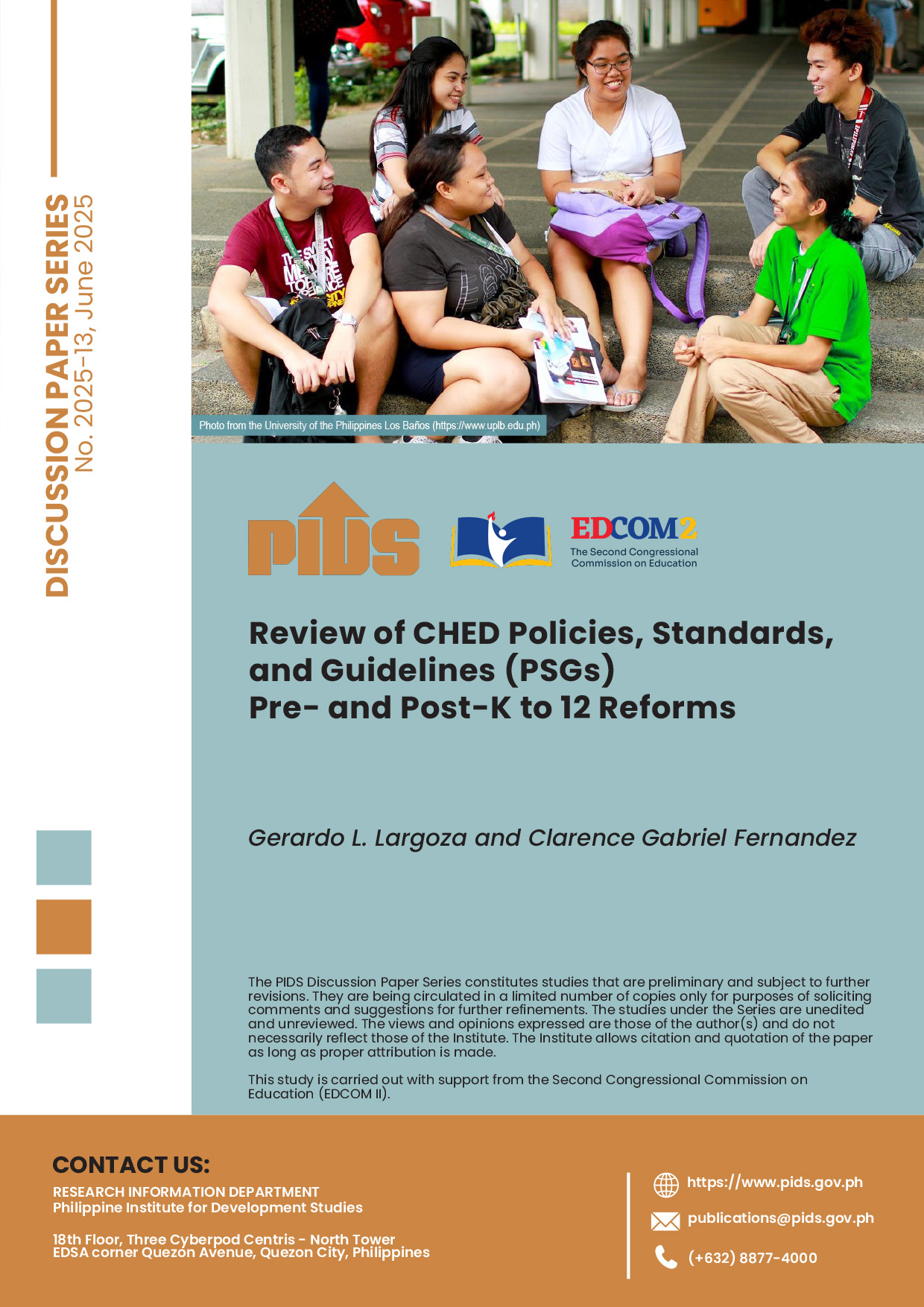World Bank approved the Philippines’ $110 million loan to enhance its education system in the country. The money will fund the Teacher Effectiveness and Competencies Enhancement Project (TEACEP) to help advance the quality of education in the southern Philippines.
Almost two million elementary students from kindergarten to Grade Six will benefit from the said project. This also includes more than 60,000 teachers and school administrators from three regions located in Western Mindanao.
According to official reports, the plan will improve literacy, numeracy and emphasize the students’ socio-emotional skills. It will involve gender-sensitive instruction, inclusive education, peace-building, and climate and disaster resilience. The scheme will likewise provide teachers, supervisors, and school administrators with professional development propositions.
Ndiamé Diop noted that the project is a part of the multilateral WD enduring assistance to develop human capital in the region. Official reports disclose that the Philippines has expanded investments in fundamental education. Diop is the World Bank Country Director for Malaysia, Thailand, Brunei, and the Philippines.
“Education is a key driver of development, as it equips people with the knowledge and skills they need to participate in the workforce, contribute to the economy, and improve their standard of living,” Diop said.
The project will benefit Region IX (Zamboanga Peninsula) and Region XII (South Cotabato, Cotabato, Sultan Kudarat, Sarangani and General Santos). It also includes the Bangsamoro Autonomous Region in Muslim Mindanao. This region shows below-average enrollment rates, a critical indigenous population, increased high dropout rates, and low performance in Reading and Math scores.
There were also improvements in enrolment in the past years. Nevertheless, learning development stayed weak with the pandemic complicating the conundrum.
Mounting Up Investments in Education
They say a good education is the best wealth you can give your child. However, not all are lucky to even have an education, let alone a good one.
The Philippine Institute for Development Studies (PIDS) stressed that the government must increment its education and training. This way, it will help enhance students’ learning outcomes. Moreover, there’s also a need for better and systematic utilisation of available sources.
One of the several workable measures the government can administer is boosting and burgeoning the Department of Education’s voucher programs. This also includes other kinds of public-private partnerships.
The government can also reorganise the “Pantawid Pamilyang Pilipino Program.” At the same time, it can bolster endeavours to further enterprise-based training.












